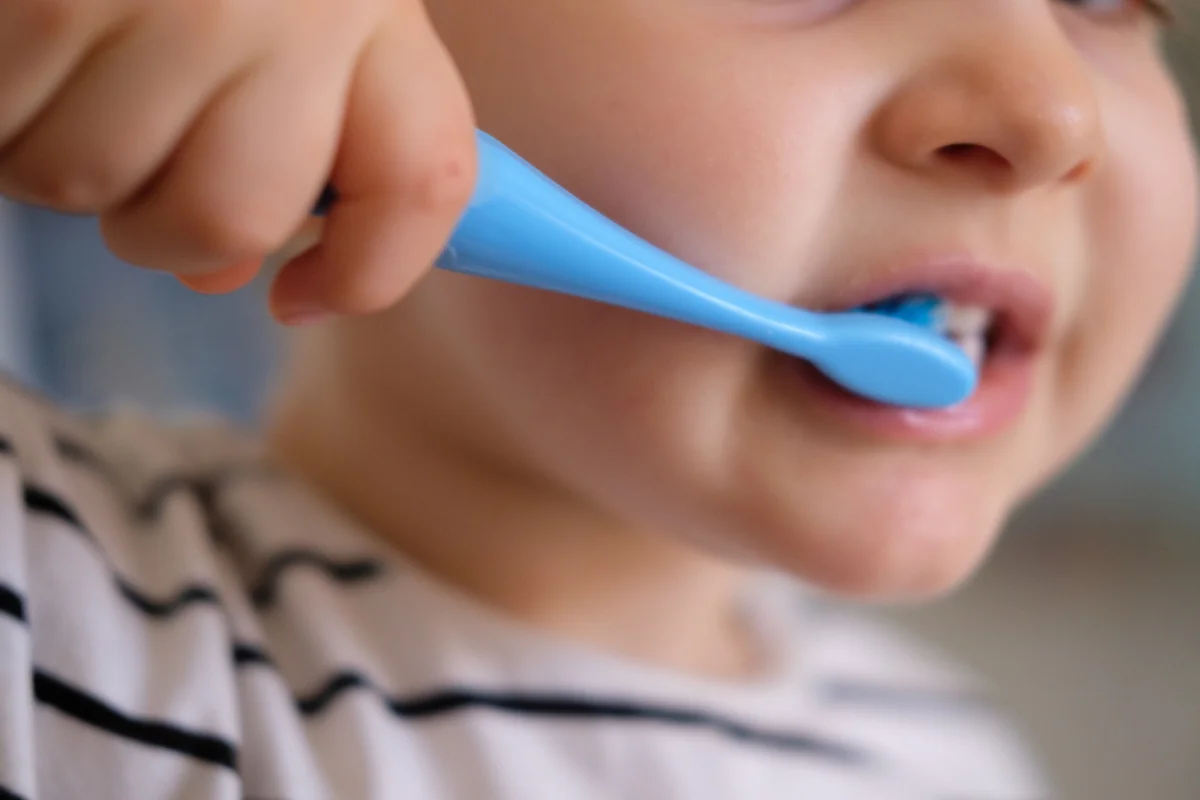
Essentials of Pediatric Dentistry
Pediatric dentistry is evolving rapidly to address the needs of young patients and promote lifelong oral health. Let us go into some insights related to the growing focus on early childhood oral health. In addition, let’s explore the innovative approaches pediatric dentists are taking.
Why is there a growing focus on early childhood oral health?
Early childhood is a critical period for dental development. Thus, establishing good oral hygiene habits during this time can prevent dental issues in adulthood. Children who receive proper dental care from an early age are less likely to experience tooth decay, gum disease, and other oral health problems later in life. Therefore, there is an increasing emphasis on educating parents and caregivers about the importance of early childhood oral health and ensuring access to quality pediatric dental care.
What innovative techniques and technologies are pediatric dentists using to make dental visits more child-friendly?
Pediatric dentists are leveraging a variety of innovative techniques and technologies to create a positive and comfortable dental experience for young patients.
- Behavior management techniques:
- Pediatric dentists are trained in child psychology and employ behavior management techniques to help children feel calm and relaxed during dental visits. These techniques may include positive reinforcement, distraction techniques, and desensitization exercises.
- Child-friendly environments:
- Many pediatric dental offices are designed with children in mind, featuring bright colors, fun decor, and interactive play areas. These child-friendly environments help alleviate anxiety and create a welcoming atmosphere for young patients.
- Sedation dentistry:
- For children with severe anxiety or special needs, pediatric dentists may offer sedation dentistry options to help them feel more comfortable during dental procedures. Sedation techniques range from nitrous oxide (laughing gas) to oral conscious sedation or intravenous (IV) sedation, depending on the child’s age and level of anxiety.
- Advanced dental technologies:
- Pediatric dentists may utilize advanced technologies such as digital X-rays, intraoral cameras, and laser dentistry to enhance diagnostic accuracy, minimize discomfort, and reduce treatment time. These technologies allow for gentler and more precise dental care, contributing to a positive experience for young patients.
By prioritizing early childhood oral health and embracing innovative techniques and technologies, pediatric dentists play a crucial role in setting children on the path to lifelong dental wellness.
Mind and Body Dental Wellness
Behavioral management techniques and child-friendly environments complement each other perfectly to create a positive dental experience for children right from the moment they step into the dental office.
- Establishing Trust and Comfort:
- Child-friendly environments, characterized by vibrant colors, playful decor, and interactive waiting areas, immediately put young patients at ease. These welcoming spaces help alleviate any initial anxiety or fear they may have about visiting the dentist. When children feel comfortable in their surroundings, they are more likely to trust the dental team and approach the appointment with a positive attitude.
- Positive Reinforcement and Distraction Techniques:
- Once inside the dental office, pediatric dentists and staff members employ various behavioral management techniques to reinforce positive behavior and distract children from any potential discomfort or apprehension. For example, a dentist may praise a child for sitting still during an examination or engage them in conversation about their favorite toys or hobbies to redirect their attention away from the dental procedure.
- Pre-visit Communication and Education:
- Before the child’s dental appointment, pediatric dental offices often engage in pre-visit communication with parents or caregivers to set expectations and prepare the child for the visit. This may involve providing information about what to expect during the appointment, explaining the importance of dental hygiene, and addressing any concerns or questions the child or parent may have. By educating children about the dental process in a child-friendly manner, pediatric dentists help alleviate the fear of the unknown and empower children to feel more in control of their dental experience.
- Empowering Choices and Autonomy:
- Child-friendly environments often offer children the opportunity to make choices and exercise autonomy during their visit, further empowering them and fostering a sense of ownership over their dental care. For example, children may be allowed to select their favorite toothpaste flavor or choose a toy from a prize box after their appointment. These small gestures of choice can make a big difference in helping children feel comfortable and confident in the dental setting.
- Continuous Support and Encouragement:
- Throughout the dental visit, pediatric dentists and staff provide continuous support and encouragement to children, reinforcing positive behavior and addressing any concerns or discomfort in a gentle and reassuring manner. By maintaining open communication and offering praise and encouragement, dental professionals build trust and rapport with young patients, ensuring a positive experience and instilling a lifelong appreciation for oral health.
By combining behavioral management techniques with child-friendly environments. As a result, pediatric dental offices create a nurturing and supportive atmosphere where children feel valued, respected, and empowered to prioritize their oral health. This holistic approach not only helps children overcome fear and anxiety associated with dental visits but also sets the foundation for a lifetime of positive dental experiences.


